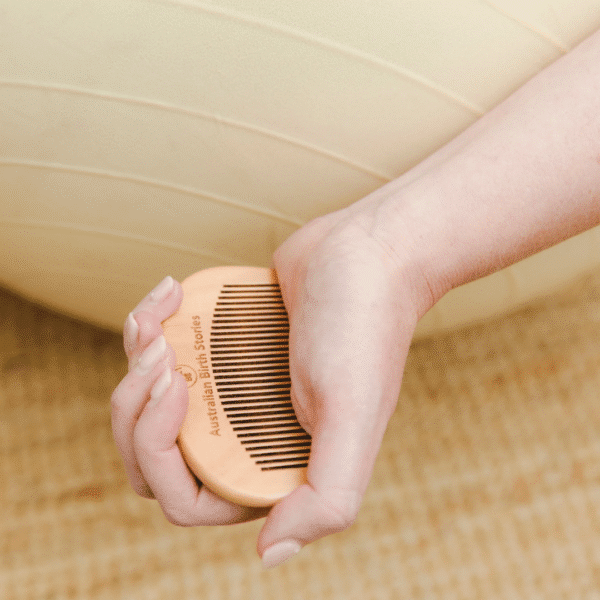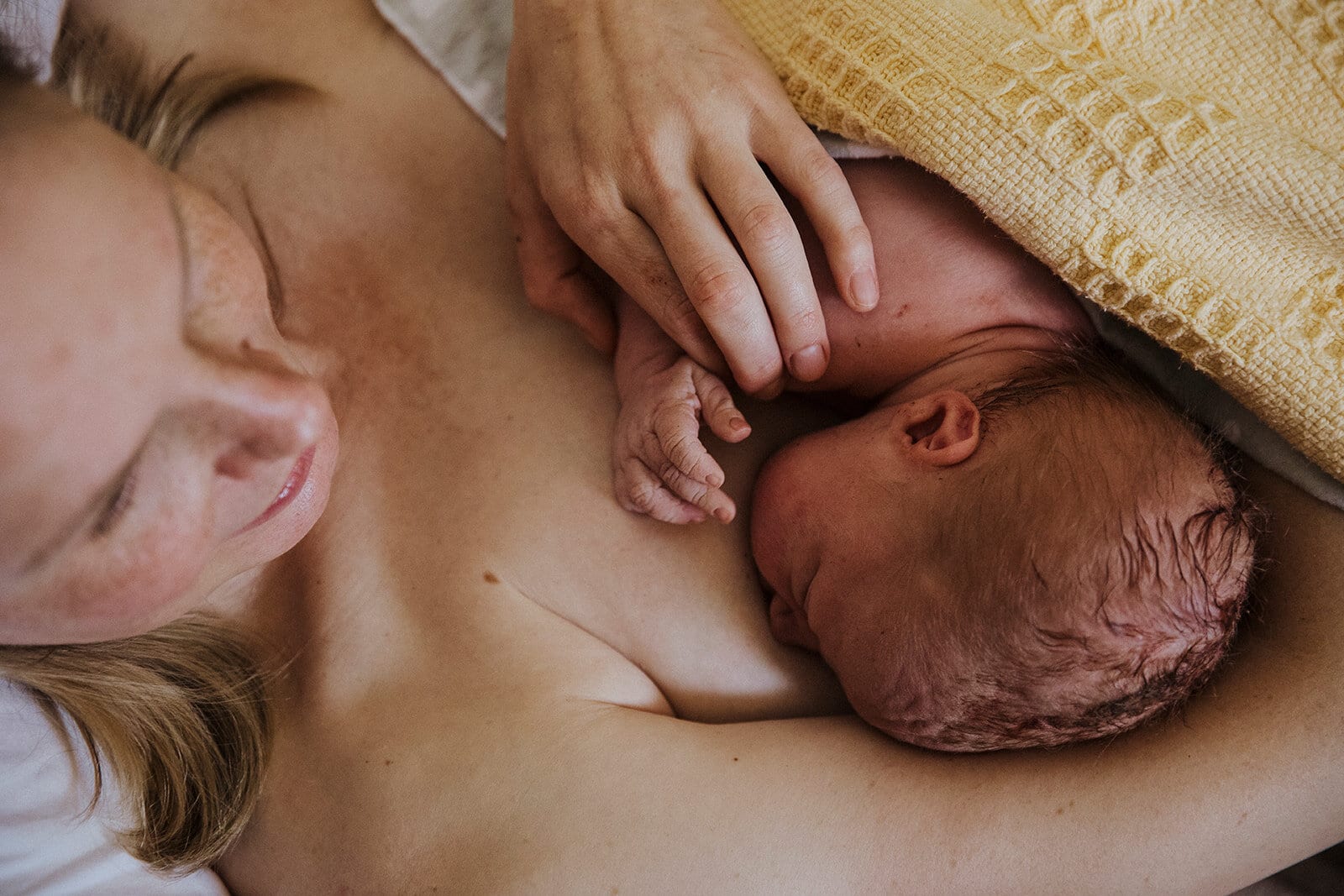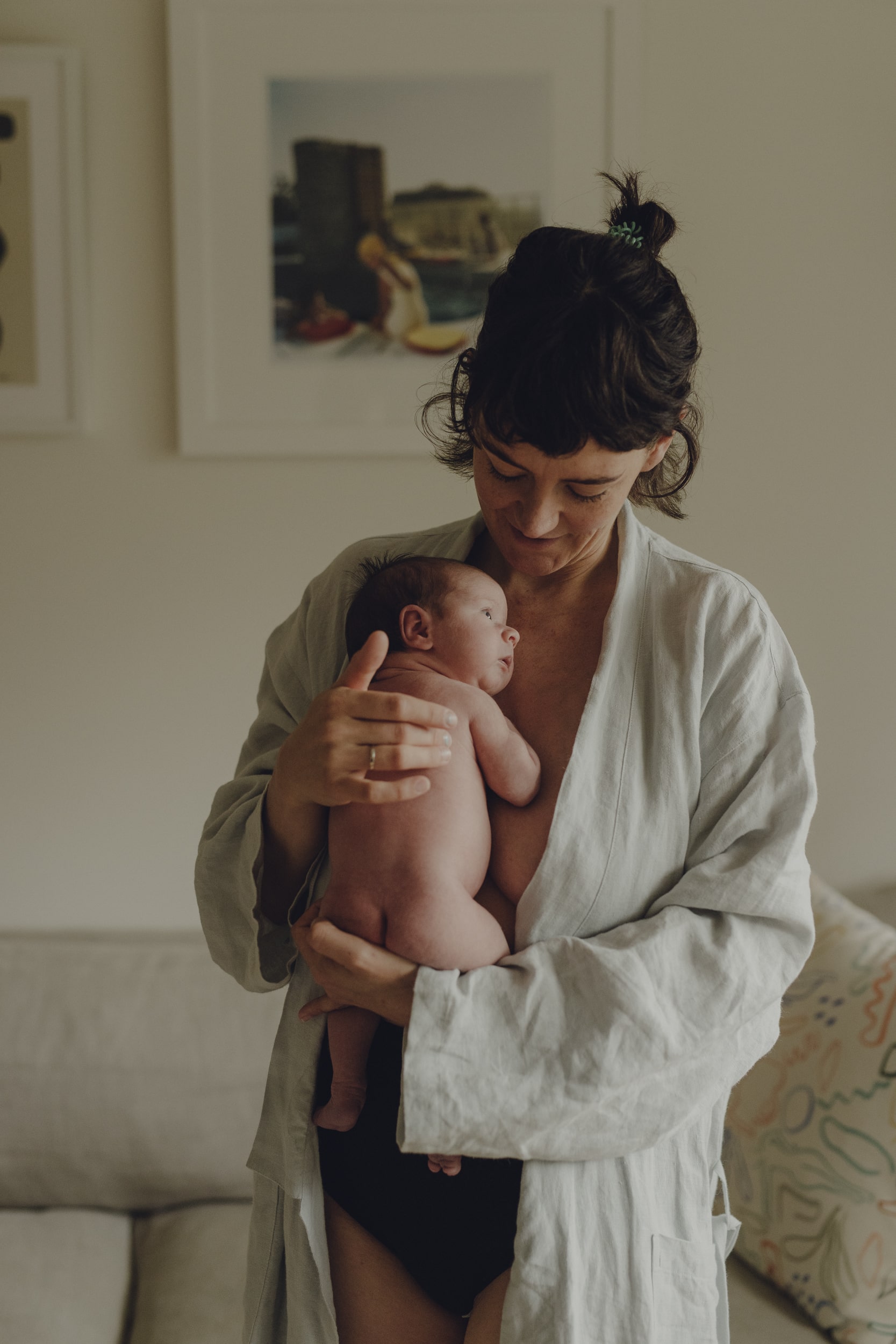Postpartum Introducing Siblings
Introducing Siblings
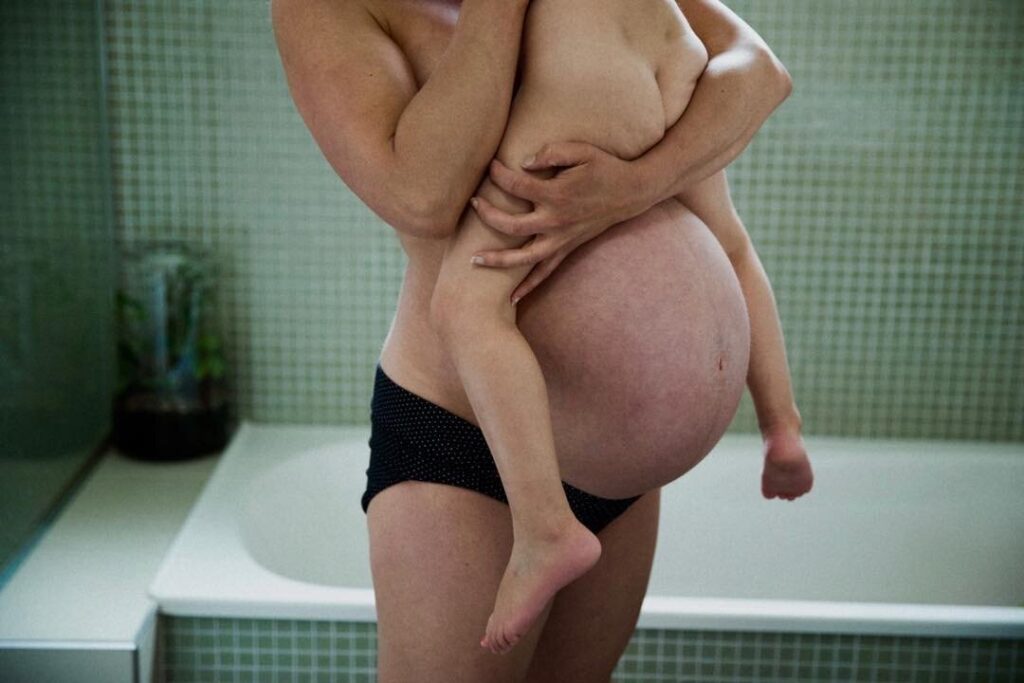
A new sibling! Yes, it’s one of the most common childhood experiences but despite its ubiquity, the arrival of a new baby in the family is a life-altering moment for a child.
Adding a bundle to the brood brings unsurmountable joy and complete and utter overwhelm. Those first few weeks are emotionally charged and once the bliss wears off (give it a few days) the reality really starts to hit home. Everyone is in a state of limbo as they attempt to adjust and meltdowns are the norm.
Your older children will be more demanding of your attention (understandably!) and you may find it challenging to navigate these demands. Perhaps it’s the almighty power of motherly instinct, to place all your energy into nurturing and protecting the newborn. Or perhaps it’s just a simple case of physical discomfort, hormones and exhaustion; dealing with tantrums and answering too many questions can really test your patience and your brain-power in the post-birth haze.
But there are a few things you can do to prepare your child (and yourself) for a new baby; simple steps you can take to make the transition as smooth as possible:
Get your kids involved: encouraging your kids to touch your belly, talk to the baby and ask questions about pregnancy and birth is a positive step forward as it allows them to explore the concept of a new baby in a way that feels comfortable and right for them.
Read picture books: picture books are such a simple yet profound way to prepare your little one for the changes ahead. Your local librarian will no doubt have some brilliant suggestions but you can’t go wrong with these titles and they’ll no doubt prepare you for what’s to come, too:
Hello Baby by Jenni Overend: this is a beautiful, heartfelt story of home birth on a windy, wintry night. The pictures are honest and authentic and yes, there are vivid depictions of the baby being born and the midwife checking the placenta – refreshing and important.
There’s a House Inside My Mummy by Giles Andreae: a tender story about a little boy who is excitedly awaiting the arrival of his baby brother or sister. Sweet illustrations and rhyming text make this the perfect book for a toddler.
There’s Going to be a Baby by John Burningham: a conversation between a mum and her little boy takes place over four seasons – time goes by, mum’s belly grows bigger and the little boy’s questions evolve. I love this story for its quirky imaginings and illustrations.
Consider the first few weeks and prioritise your older children: all the attention will be on the new baby so encouraging visitors to greet your older child first is a powerful way to recognise their new role as big sister/brother. You may even encourage your kids to introduce their new sibling when out and about so you give them responsibility and one they can wear with pride. If you’ve got a toddler or pre-schooler at home it’s a good idea to prepare a basket of new books, toys and activities that will keep them occupied when you’re feeding and settling the baby. And while it may be a little idealistic, having lots of food and snacks on hand is a good way to make sure you’re not forever in the kitchen; pack a lunchbox in the morning, keep a container of vegie sticks in the fridge and have a water bottle at arms reach. And if your friends and family ask how they can help, encourage them to watch the baby when they’re asleep while you have some special time with your older child. It will be one of the best gifts you’ll receive.
Anticipate tantrums: welcoming a new baby into the family is one of the most emotionally-charged experiences a child will ever have and we all know that big emotions usually play out as tantrums and meltdowns. Anticipating them and knowing that they’ll pass is the best way to deal with them and prevent yourself from getting worked up, too.
Minimise visitors: lots of visitors can really wreak havoc on a family with a new baby; they generally just add to the chaos! Prioritise your family’s well-being and embrace a gentle routine that allows your older children to feel comfortable and safe in amongst the big changes (and newborn cries!).
Categories
Related Products
-
Birth Combs: Harness Your Body’s Natural Pain Relief
$24.95Crafted from smooth, natural wood, our birth combs activate specific pressure points in your hands that trigger your body’s innate pain-relieving responses.
Get your copy of our Perineal Massage Guide in your inbox
Keep Reading
We think you might enjoy these articles
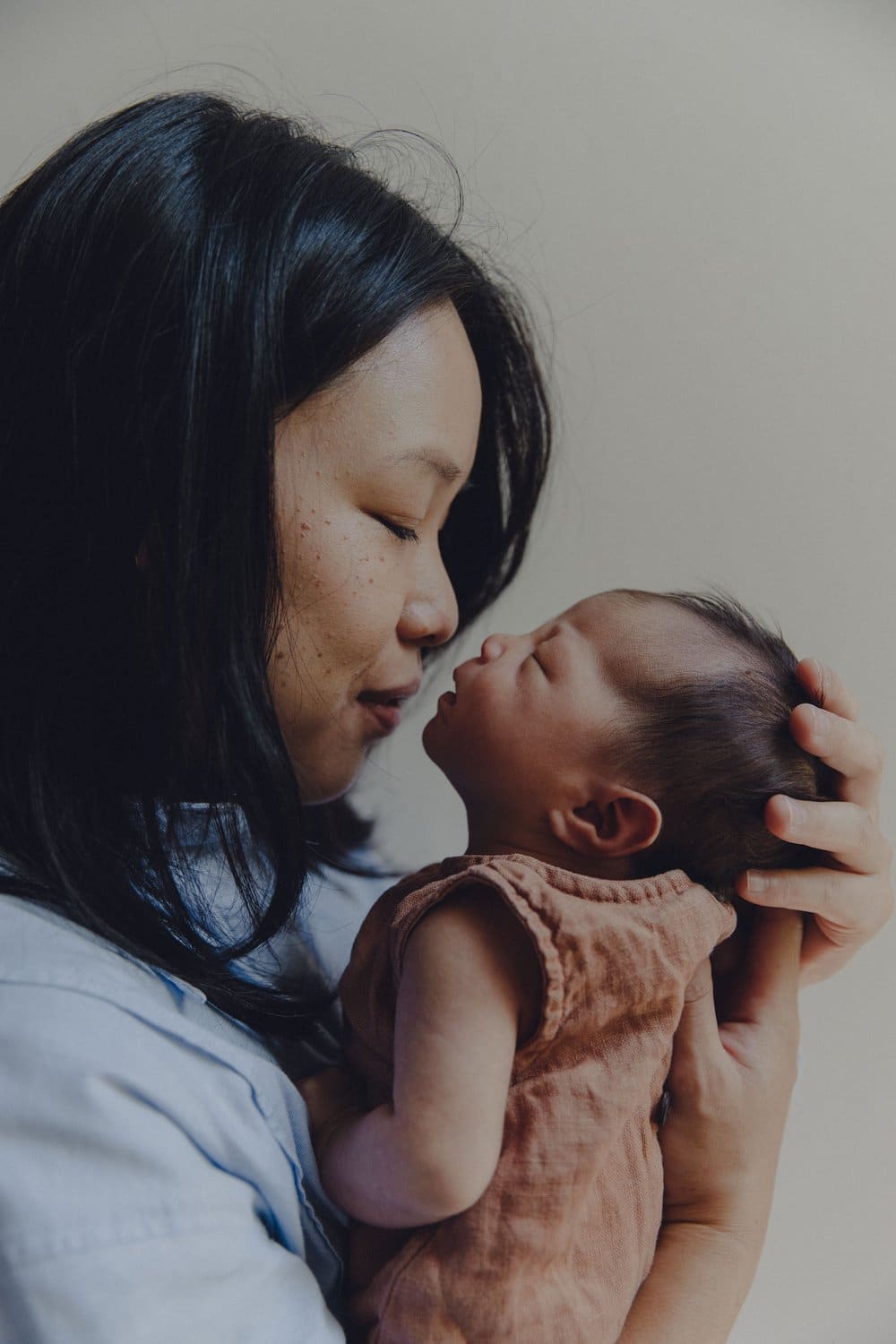
Why planning for postpartum is just as important as planning for birth – and how to do it right
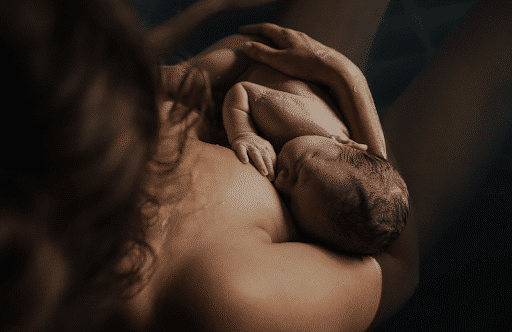
Cracked Nipples: Causes, Treatment and Prevention
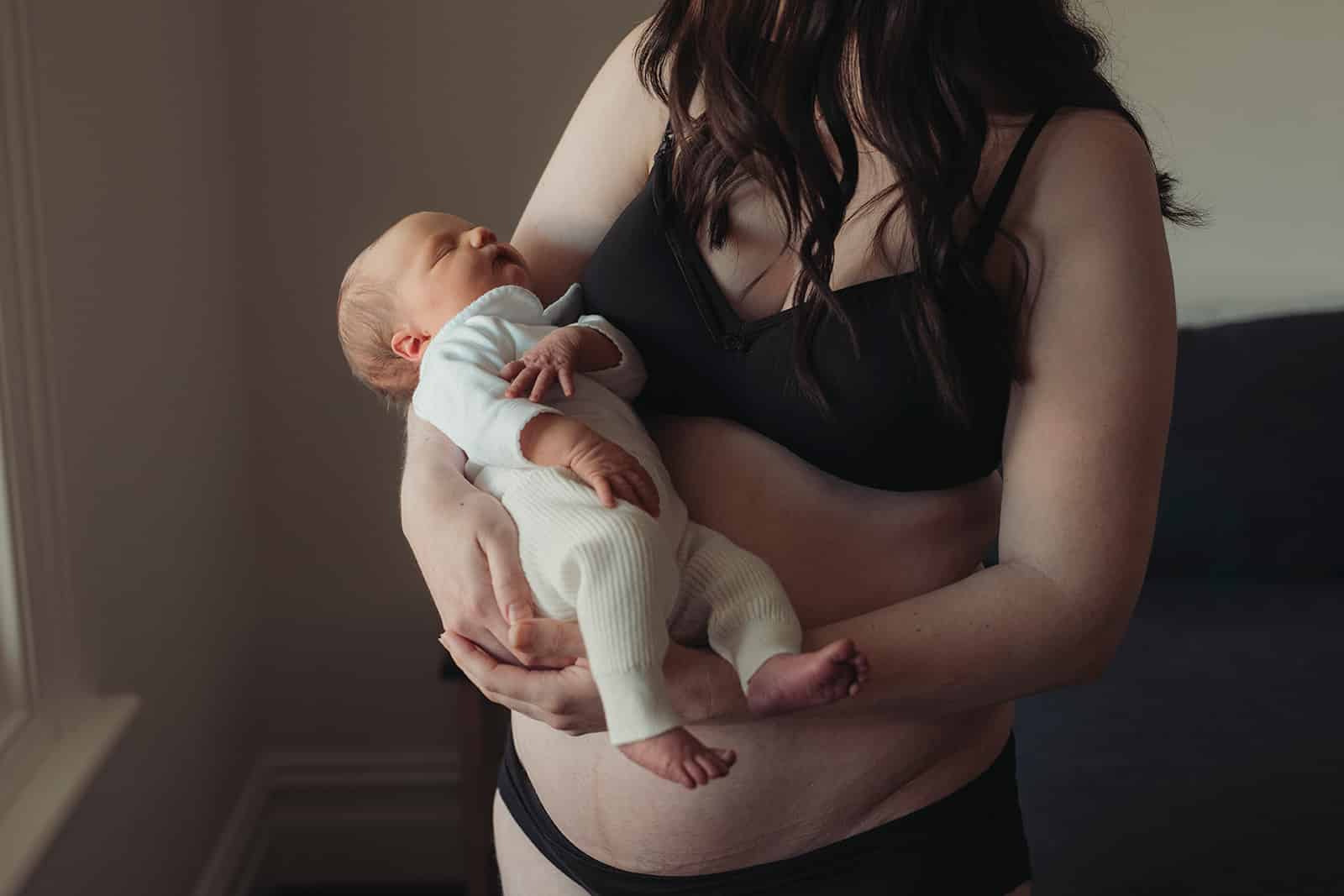
Caesarean Birth Recovery

What is a C-Section Shelf?
@AustralianBirthStories
Follow along with us
@AustralianBirthStories
Follow along with us
@AustralianBirthStories
Follow along with us
@AustralianBirthStories
Follow along with us
@AustralianBirthStories
Follow along with us
@AustralianBirthStories
Follow along with us
@AustralianBirthStories
Follow along with us
@AustralianBirthStories
Follow along with us
@AustralianBirthStories
Follow along with us
@AustralianBirthStories
Follow along with us
@AustralianBirthStories
Follow along with us
@AustralianBirthStories
Follow along with us
